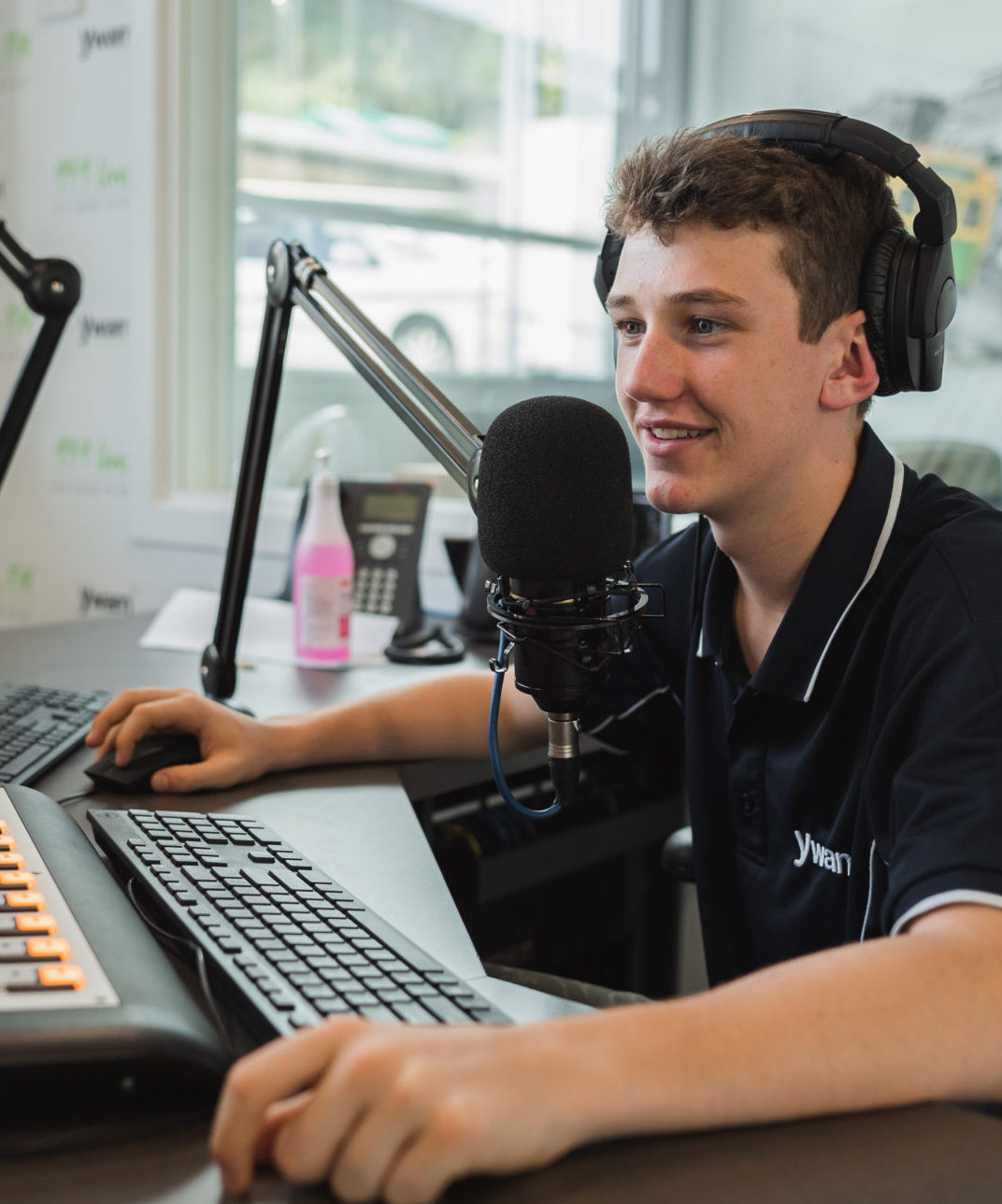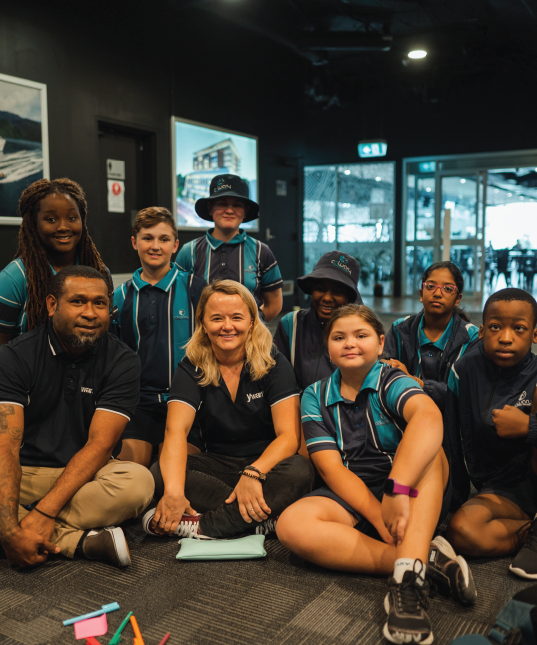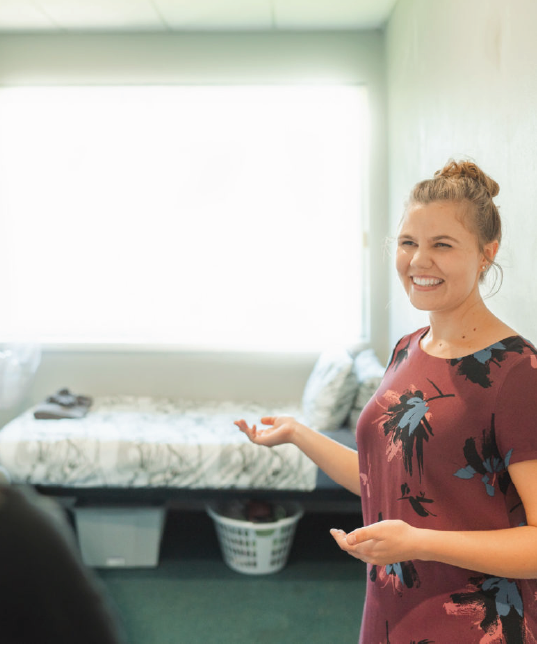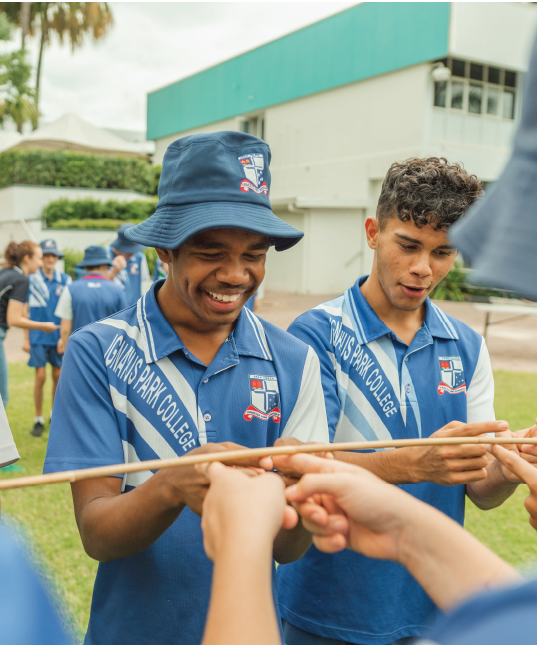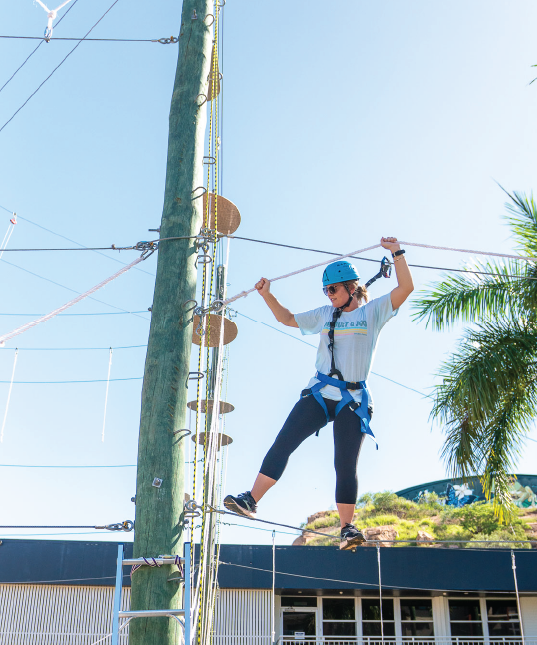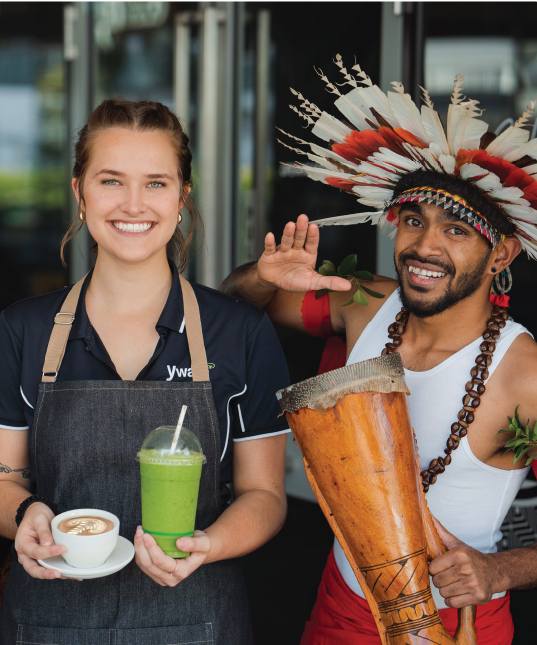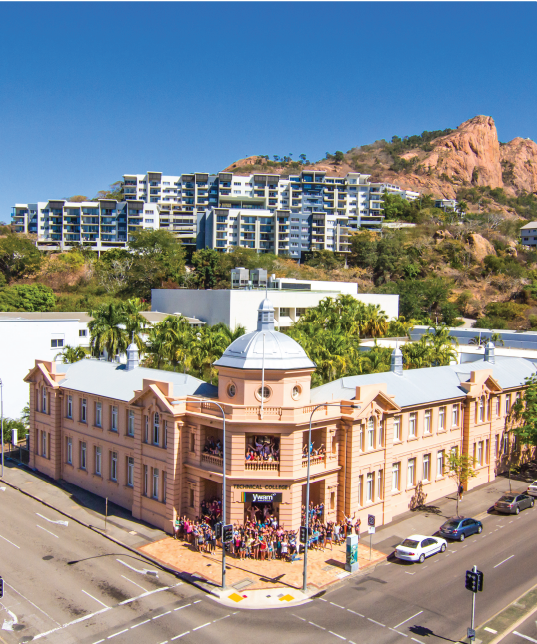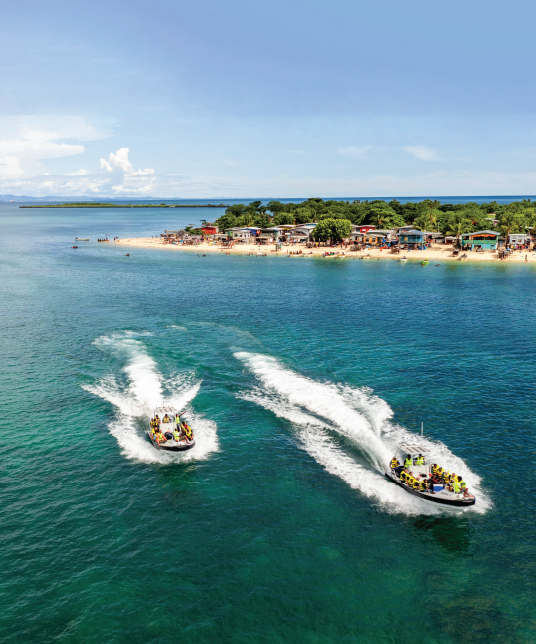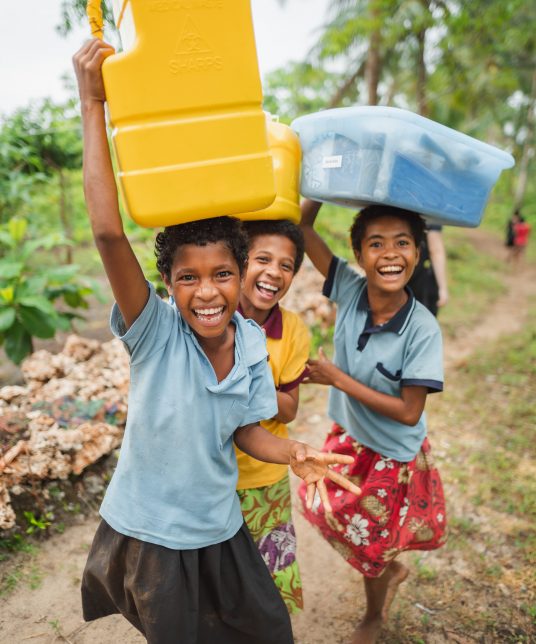Oil, gold, coffee, and cocoa – just some of the amazing natural resources that makes Papua New Guinea famous, but anyone who has spent much time in the country at all knows that by far the most amazing resource is her people. With notable hospitality, joy, and resilience, it is easy to see what makes Papua New Guineans so attractive.
Philip Tahima, a community health worker living in PNG’s Oro Province, is one such treasure.
Growing up in a small village affectionately nicknamed Bare, 20km up a hill outside of Oro’s capital, Popondetta, Philip was struck by the amount of people who would get ill.
Sickness in a remote village like Bare can have great ramifications. Aside from the lack of access to health care, it can implicate the delicate balance of food forage and basic provision for a family.
When the people were sick, they struggled greatly. When they were well, they were happy.
Philip experienced the ups and downs of illness as a young boy and decided that he wanted to help people to be healthy and happy.
Through formal training at St Margaret’s School of Nursing, an Anglican health mission in Oro Bay, and in-service training, he became a Community Health Worker. For 30 years he’s served in various aid posts around the country, most recently in Bare where he services 10 villages with his wife, Sandy, and their four daughters in tow.
They recently campaigned to build a new home and aid post in Bare with three small rooms which provide treatment, diagnosing, immunisations, and a small office and dispensary. From this location they provide health care for children, immunisations, antenatal checks for women, family planning and other basic services. They also serve as a referral centre, advising patients when further medical treatment is needed.
“Sometimes people do not go to the hospital,” Philip says. It sounds surprising but he begins to explain, “Say a bel mama (pregnant mama) is having a difficult pregnancy and her husband takes her to the hospital so far away. He has to walk there and then he has to provide her food. All of that walking – how will he feed her, how will he get her water?”
Sometimes it is easier to stay home. And sometimes that costs a life.
Philip is aware of the realities but also optimistic about the future. His visionary leadership is evident in both his aid post and in the surrounding areas he services.
In the future, he hopes to achieve health post status, which is one level up from aid post. This would mean they would have two or three community health workers servicing the area.
He is also working on a transit house where volunteers can come to stay. He is already working on collaborations with Popondetta General Hospital, the Nursing College at St Margaret’s and YWAM Medical Ships.
Philip has been working with YWAM’s healthcare teams since 2013 and is a huge advocate of the support they bring.
“The people in the surrounding villages do not expect anything,” he says. “They have no aid post. They have no help. Sometimes they send requests for health crises and it takes weeks or months to get help.”
Philip does patrols and takes volunteers from YWAM to these areas as often as he can.
“The people come running out as fast as they can. They don’t know when help will be available again.”
“The YWAM team are whole hearted in everything they do. They care about the whole person – health, mind, spirit – it is all important. The people love to be encouraged in this way.”
Indeed his affirmation of YWAM is humbling when it is clear that Philip himself is incredibly whole hearted. He’s recently trained to become an HIV tester and counsellor, a disease that is considered epidemic in PNG.
Amidst the harsh realities he sees every day, Philip is hopeful for the future. A rare gem himself, he sees the wealth in his people too. “I see many young people changing their mindsets and realising that their actions affect their life.”
It seems that his dream of making people healthy and happy – body, mind, and spirit – just may be coming true.


